The Environmental Impact Of Food Deliveries
We all love food, and we all love convenience. The rise of food delivery apps such as Foodpanda, Deliveroo, UberEats, Eat Mubarak and more have made it beyond easy for us to eat whatever we want, whenever we want. With a rise in disposable incomes and more women entering the workforce; giving them less time to cook for their families – it’s no surprise that 40% of Pakistan’s household expenditure is on food. Over the last few years, Foodpanda.pk has seen a 300% increase in their orders, and from a total of 40+ cuisines, fast food items were the top pick for its users. By 2021, Foodpanda expects to deliver meals to 2 million Pakistanis, but this on-demand service of food at our fingertips comes at a hefty cost to the environment as well.

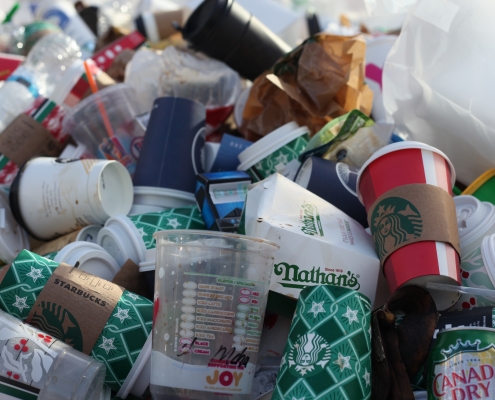
Our obsession with convenience has led our planet to drown in mountains of trash created by disposable, single-use items – especially plastic, which is evident in the food industry more so than anywhere else. Americans throw out 120 billion disposable cups every year, or 363 per person, and if each cup comes with a sleeve, stirrer, straw and some sugar packets – just imagine the amount of trash that comes from takeaway cups alone. Moreover, convenience packaging is designed and produced in a way that makes it incredibly difficult to recycle. For example, multiple layers of plastic and foil in items like ketchup packets and juice boxes make it impossible to separate, and even plastics that can be recycled become useless once they catch food residues. So a majority of this trash ends up in landfills – eventually polluting our oceans and contaminating the food chain, which isn’t something we need considering that Pakistan is already highly affected by climate change through rising temperatures and much more.
Additionally, the actual delivery of the food on motorbikes and other vehicles adds to the ever-increasing levels of air pollution – which is why Foodpanda decided to switch to bicycles in an effort to reduce its carbon emissions in Pakistan. According to the CEO, “the launch of an eco-friendly delivery option is not only an endeavor which promotes conservation of the environment but is also aimed to create jobs in Pakistan addressing two key issues plaguing the country today: unemployment and environmental degradation.”
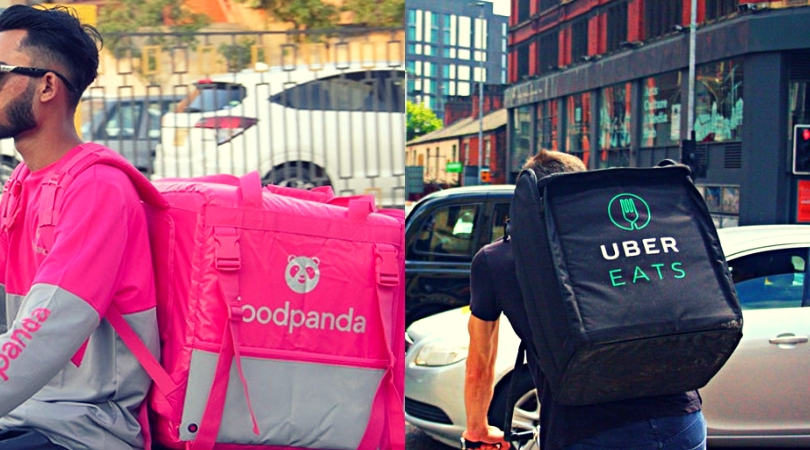
Although we don’t foresee a reduction in the usage of delivery apps or expect people to order less frequently, food delivery companies should encourage restaurants to rethink the way they package their meals and opt for more sustainable, eco-friendly alternatives to single-use plastic cutlery and boxes. It is indisputable that, sustainability-wise, durable reusables will always outperform disposables after a number of uses as they’re cheaper for governments, consumers and food businesses in the long-run. Something as simple as an option to opt-out of receiving single-use utensils on the app’s interface can help promote mindful behaviour – a successful strategy by UberEats. As stated on Vox, “the company is also looking to help restaurants access more affordable eco-packaging. For vendors that adopt biodegradable foodware, it may provide benefits such as discounts from suppliers or a special seal that indicates their “greener” status”.
In order to truly combat this problem, we all need to collectively take responsibility and understand that bringing change, to some extent, lies in our hands. Our compulsive habits and throwaway lifestyle needs to be adjusted. We should try to dine in when possible and avoid getting take-aways, as well as reduce, reuse and recycle our waste as much as we can so that we can eat clean and keep our country clean!

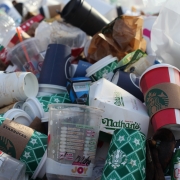
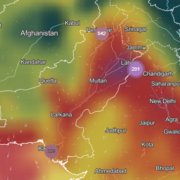



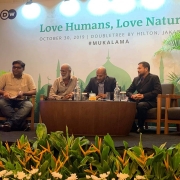

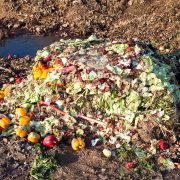



Leave a Reply
Want to join the discussion?Feel free to contribute!